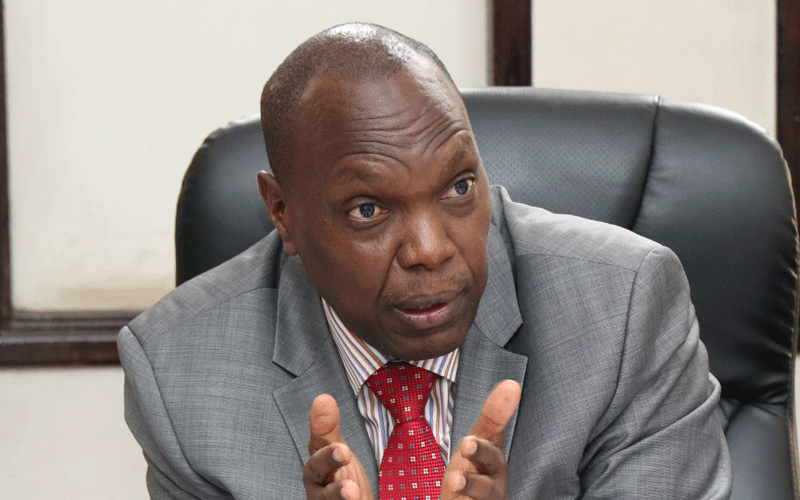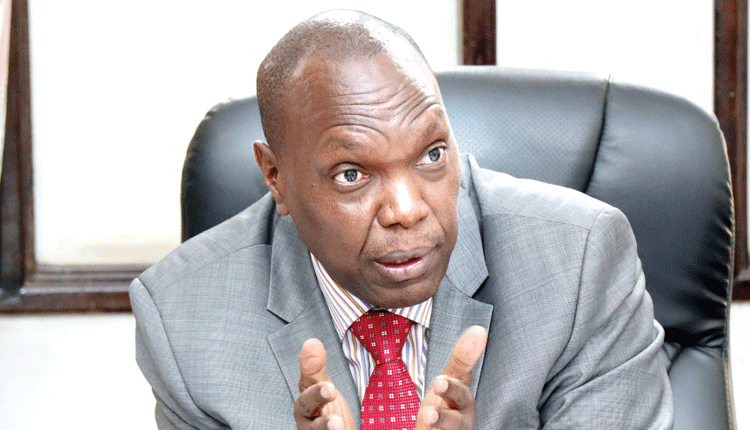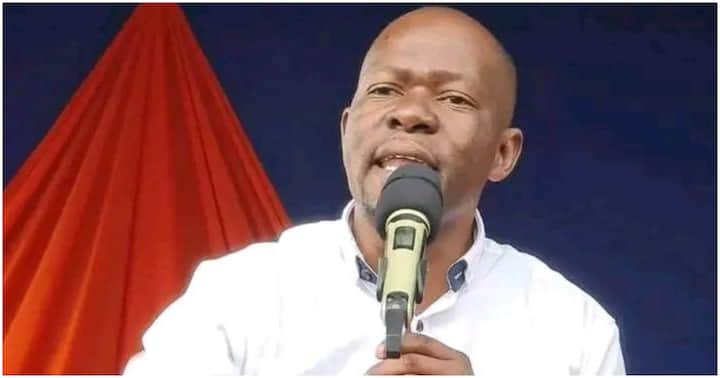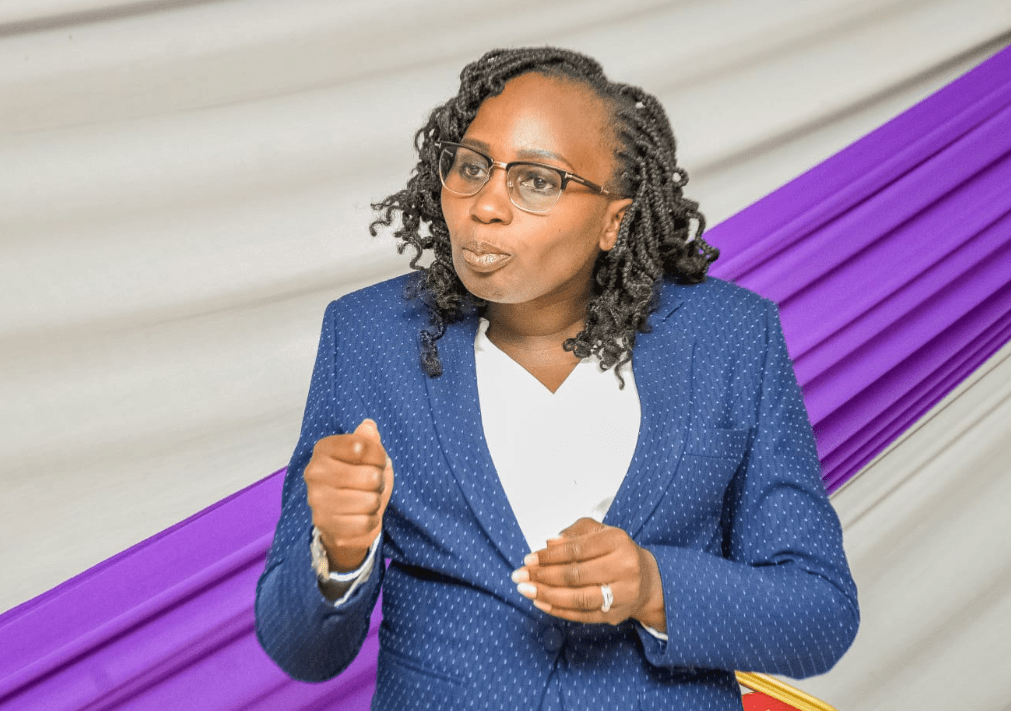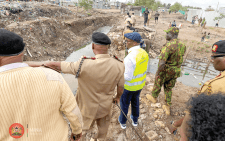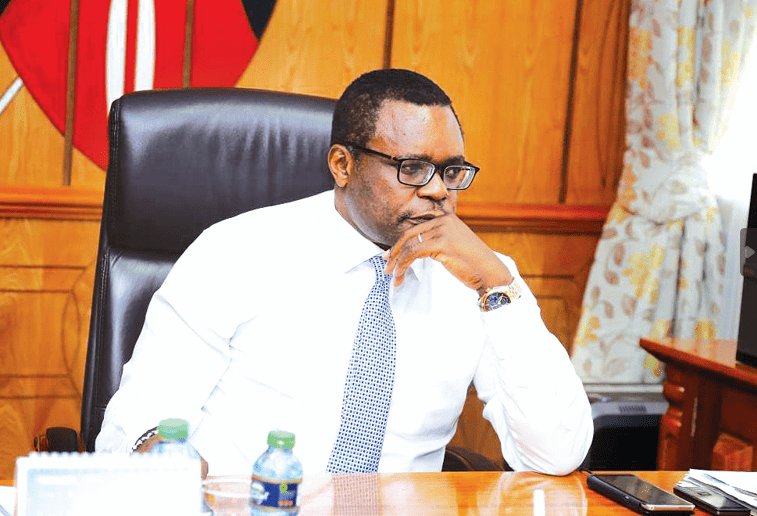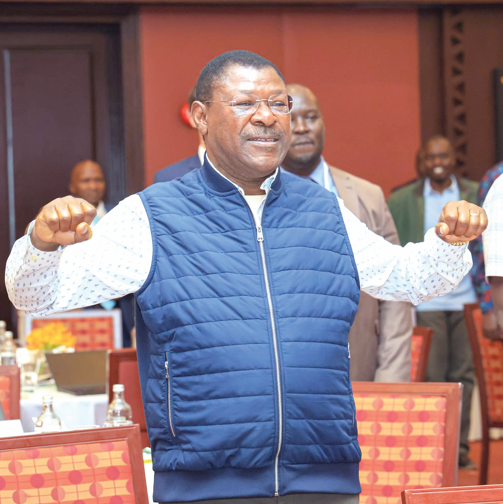BBI timelines headache for next year poll
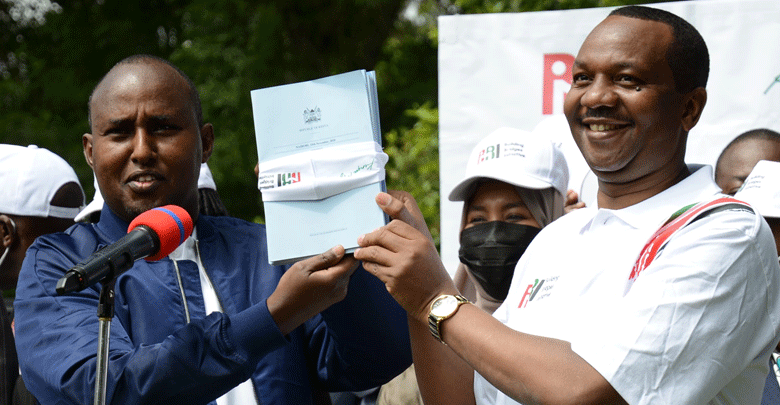
Political leaders are putting on a brave face that timelines for passage of the Building Bridges Initiative (BBI) bill and the Covid-19 pandemic will not affect the 2022 General Election timeline.
According to the detailed action plan by proponents of the Constitution of Kenya (Amendment) Bill, 2020, popularly known as the BBI bill, Parliament was expected to consider it by April 5.
The challenges of passing the bill in time for next year’s General Election is one of the biggest hurdles facing the political class even as BBI proponents President Uhuru Kenyatta and his Handshake partner Raila Odinga, rally their troops to fast-track the process.
But BBI co-chair and former Dagoretti South MP Denis Waweru said they are still within the timelines, adding that with the vaccine being administered, the virus spread will slow and that the ‘reggae’ tunes will sound again.
“We are still within the timelines. We had projected to conduct the referendum in June or July.
We still have some two months. We believe Covid-19 cases will come down,” he said.
Waweru poured cold water on the possibility of adjusting the BBI timelines, saying there is still no cause for alarm.
He also dismissed suggestions the August 2022 elections may be pushed forward because of the BBI timelines, saying the constitutional amendment process will not affect the polls.
“I do not think that the timelines of BBI will in any way affect the August 2022 elections. We shall cross the bridge when we reach there,” he charged.
His co-chair and Raila’s ally Junet Mohamed (Suna East) has intimated that anything to do with postponement of the elections is just that: “We shall cross that bridge when we pass the BBI in the referendum.”
ODM Political Affairs Secretary Opiyo Wandayi last week charged that time was increasingly becoming critical in the collective drive to implement the necessary constitutional, legal and administrative reforms within the BBI framework.
“Parliament, among other institutions, must move with speed and play its part by dispensing the BBI Bill. We cannot afford to lose any single day in this crucial journey ,” said Wandayi.
Special sittings
Wandayi called on the National Assembly and Senate Majority and Minority leaders to convene Special Sittings of to dispense the BBI matter.
“I want to persuade the Leaders of Majority and Minority Parties in the National Assembly and Senate to petition respective Speakers to convene Special Sittings not later than April 8 to deal with this Bill. The Houses can, and should, debate the Bill and vote on it on a single afternoon,” said Wandayi.
However, the Constitution does not say how long Parliament should take, after passing the Bill, to pass it on to the President, or then how long the President shall take once the Bill is on his desk.
Narok Senator Ledama ole Kina has charged that if the 2022 polls were to be postponed to 2026 due to Covid-19, the boundaries review and BBI processes would be jeopardised.
“Hypothetically, if the 2022 General Election were to be postponed to 2026, what will happen to the boundaries delimitation and BBI ‘manenos’?” posed Ole Kina.
He added: “Despite the huge number of Covid-19 infections and deaths in the US, they did not postpone their elections yet Kenya is like a single state out of the 50 in America.”
Besides US, Kenya’s neighbours Uganda, Tanzania, Burundi conducted their elections at the height of the Covid-19 pandemic.
The proposal to create 70 new constituencies under BBI, which has elicited mixed reactions on the legal provisions and timelines, is one sure headache for lawmakers.
In addition, the proposal to overhaul the electoral agency, which is currently not properly constituted after four commissioners resigned, is another hurdle that must be crossed.
Not known
BBI team had initially estimated that the referendum would happen between April and June 2021.
But with the upsurge of Coronavirus, it is not known whether the timeline will be met or not.
Once the President passes his message to the IEBC to hold a referendum on the receipt of the Bill from Parliament, the commission has 90 days within which to hold a public opinion poll.

